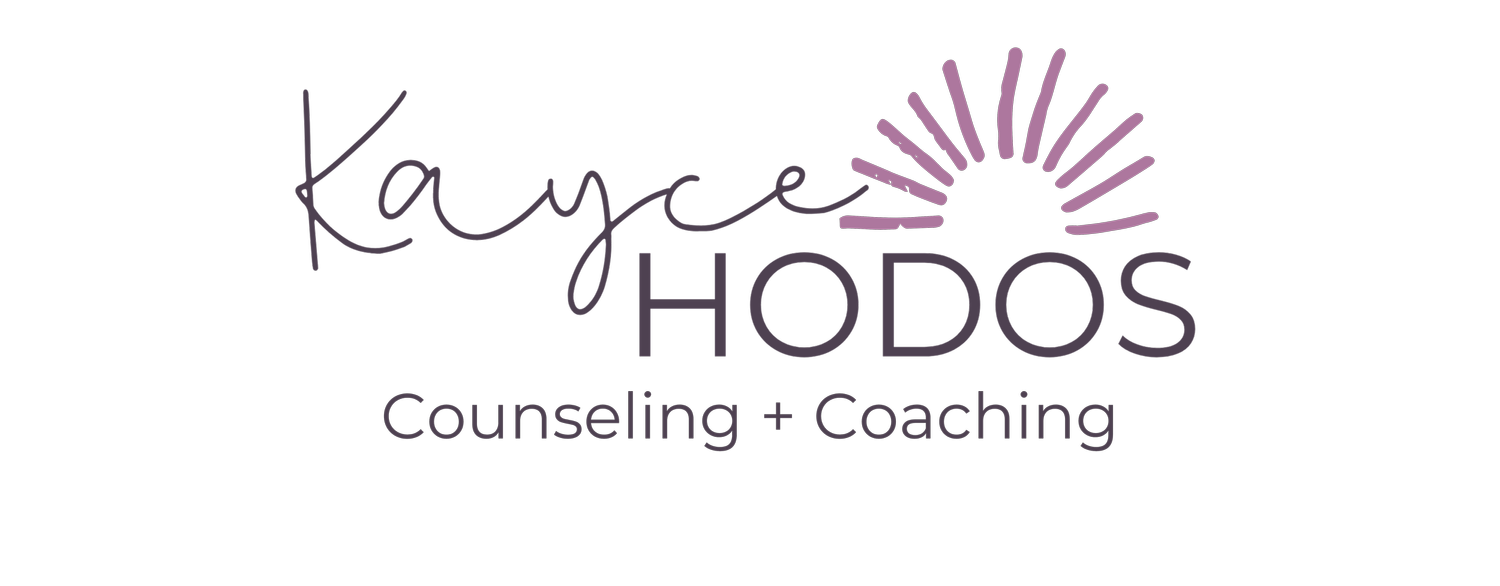The #1 Complication of Childbirth May Surprise You
Even after experiencing postpartum anxiety myself, I was shocked to learn that Perinatal Mood and Anxiety Disorders (PMADs) are the #1 complication of childbirth. PMADs is an umbrella term used to refer to postpartum depression, postpartum anxiety, pregnancy/postpartum OCD, PTSD, insomnia, postpartum psychosis, and postpartum bipolar.
Of all the things you’ve worried about your entire pregnancy, you may not have considered that the risk of a mental health condition was much higher than the risk of any of the other terrible outcomes you’d played out in your head.
What The Research Shows
Studies tell us that 1 in 5 women and 1 in 10 men (yep, it happens to dads, too!) will struggle with perinatal depression or anxiety.
By the way, the term perinatal refers to the entire pregnancy and the full year after childbirth. I wish we’d use this term more often because I find it more normalizing for clients than ‘postpartum’ in relaying the time period when these mental health concerns may arise.
The perinatal period is a long time, but I'd go as far as to say years 0-5 of a child’s life are the most mentally challenging for mothers (and why I decided one-and-done was the way to go for me).
Common Symptoms of Postpartum Depression and Anxiety
It’s important to know that the symptoms aren’t always clear cut. You may be feeling scattered, overwhelmed, tearful, disappointed, and a bunch of other emotions.
In my 20-something years of experience in the mental health field, nearly ten of which has been specializing in supporting mothers, I’ve come to see depression and anxiety as two sides of the same coin.
Not for everyone, of course, but for most of my clients, their anxiety looks like intrusive thoughts, imagining worst-case scenarios, and overthinking the tiniest detail (among a multitude of other worries), all of which (to no one’s surprise) can lead to symptoms of depression.
Depression often looks like low energy, crying, overwhelming feelings of sadness, hopelessness, very little interest in activities you used to find enjoyable, lack of motivation, difficulty sleeping or sleeping too much, lack of appetite, even feeling numb, all leading back to, you guessed it, symptoms of anxiety.
If you’ve ever felt depressed, then you understand exactly what I mean when I describe this cycle of anxiety —> depression —> anxiety and so on . . .
Let’s Talk About Intrusive Thoughts
Here’s a statistic for you: According to the Perinatal Anxiety Research Lab at the University of British Columbia, 100% of new moms report having unwanted intrusive thoughts about accidentally harming their baby. 100%! Do you know how often a scientific study proves something happens at a rate of 100%??? Almost never.
The same study reports 50% of new mothers report unwanted intrusive thoughts about harming their baby on purpose.
I want to make this very clear:
These are unwanted thoughts. Women who experience intrusive thoughts do not intend to harm their babies.
Thoughts are not intent.
These dark and vivid thoughts seem unlike anything that would typically cross your mind, and they’re very disturbing in nature. They’re a common symptom of postpartum OCD, but they can also occur as part of other PMADs, including during pregnancy.
Remember: Perinatal = pregnancy + the entire year after giving birth (possibly longer).
If I'd had this information, you can bet I would've spent way more time on my postpartum plan than my birth plan, and I'd like to think I would've been more open to asking for and accepting help.
If you’re thinking “NO KIDDING!” and you’d like some support with your adjustment to motherhood, start here to see if we’re a good fit. You are not alone.
